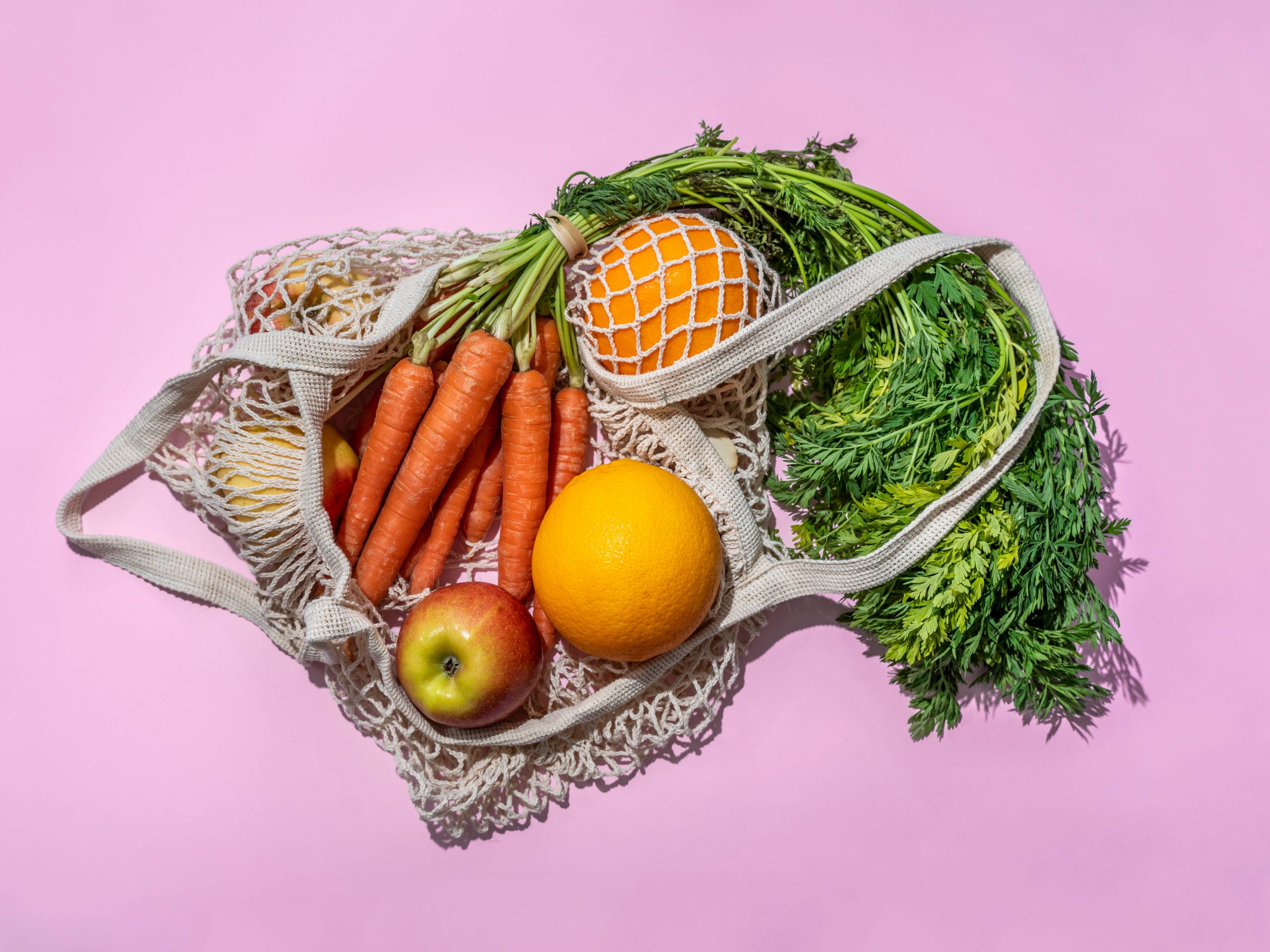
- People who eat five servings of fruits and vegetables daily may have a lower risk of death from certain diseases.
- Leafy greens and berries yield more health benefits than peas and potatoes.
- Experts said, in general, try to eat more fruits and vegetables.
- Visit Insider’s homepage for more stories.
Eating fruits and vegetables on a daily basis isn’t just good for your overall health. A new study has found that people who eat two servings of fruit and three servings of vegetables daily have a lower risk of death from certain diseases.
The study, conducted by researchers at Brigham and Women’s Hospital and Harvard Medical School, found that people who ate five servings of fruits and vegetables a day had a lower risk of death from cardiovascular disease, cancer, and respiratory disease, compared to those who ate two servings of fruits and vegetables.
Eating more than five servings of fruits and vegetables did not provide significant benefits compared to eating five servings.
Dr. Sean Heffron, a preventative cardiologist at NYU Langone Health who was not involved in the study, said these findings reinforce what experts already knew and provide stronger evidence backing food recommendations.
Not all fruits and vegetables offer the same benefits
In this study, the researchers looked at two data sets – one included two studies with over 100,000 people and the other included 26 studies involving nearly two million people.
The study was observational, meaning it did not tease out a cause and effect.
The researchers found that leafy green vegetables like kale and citrus fruits like berries had more health benefits compared to starchy vegetables. At the same time, peas, corn, fruit juices, and potatoes were not tied to a lower risk of death. Peas and corn may lose nutritional value in the canning process, for example.
"You might want to consider picking the healthier fruits and vegetables," Dr. Dong Wang, a member of the medical faculty at Harvard Medical School and Brigham and Women's Hospital, told Insider.
Heffron tells his own patients to avoid white foods, like white potatoes.
Most adults don't eat enough fruits and vegetables
Despite the health benefits that come with eating fruits and vegetables, only one in 10 adults eat the recommended number of servings, according to the Centers for Disease Control and Prevention.
That's why Heffron said eating the optimal number of servings isn't as important as eating more fruits and vegetables in general.
"Most people don't eat anywhere near a total of five fruits and vegetables a day," he said. He recommends that patients eat many bright, leafy greens and a diversity of fruits every day.